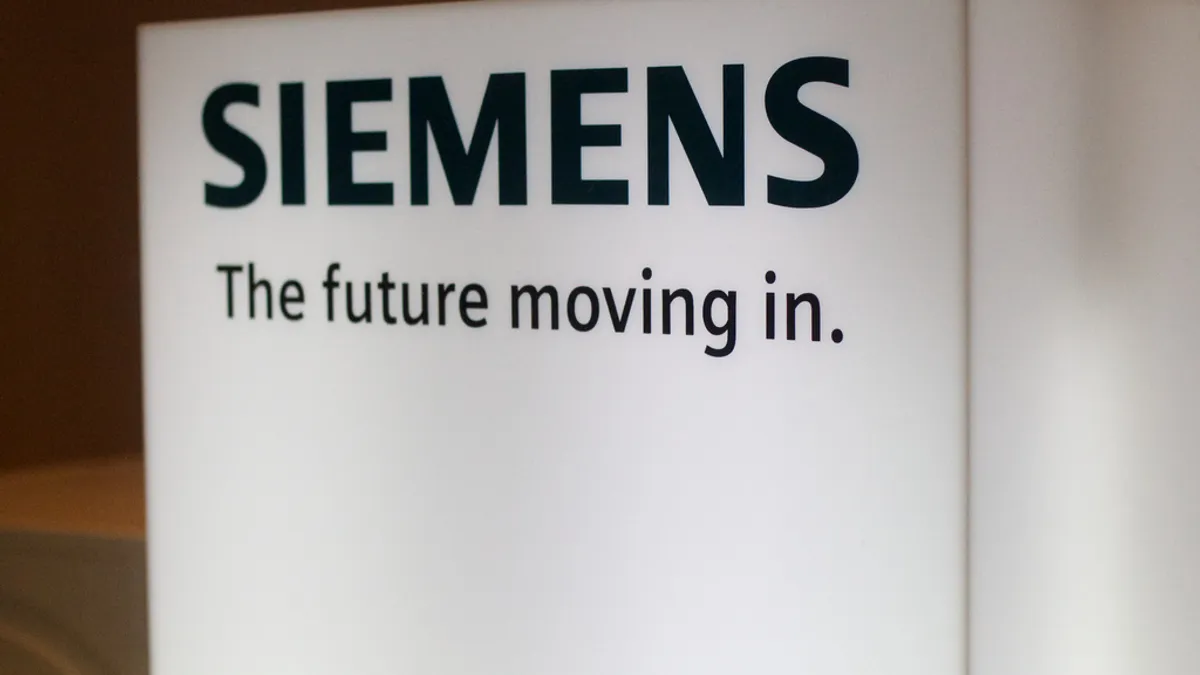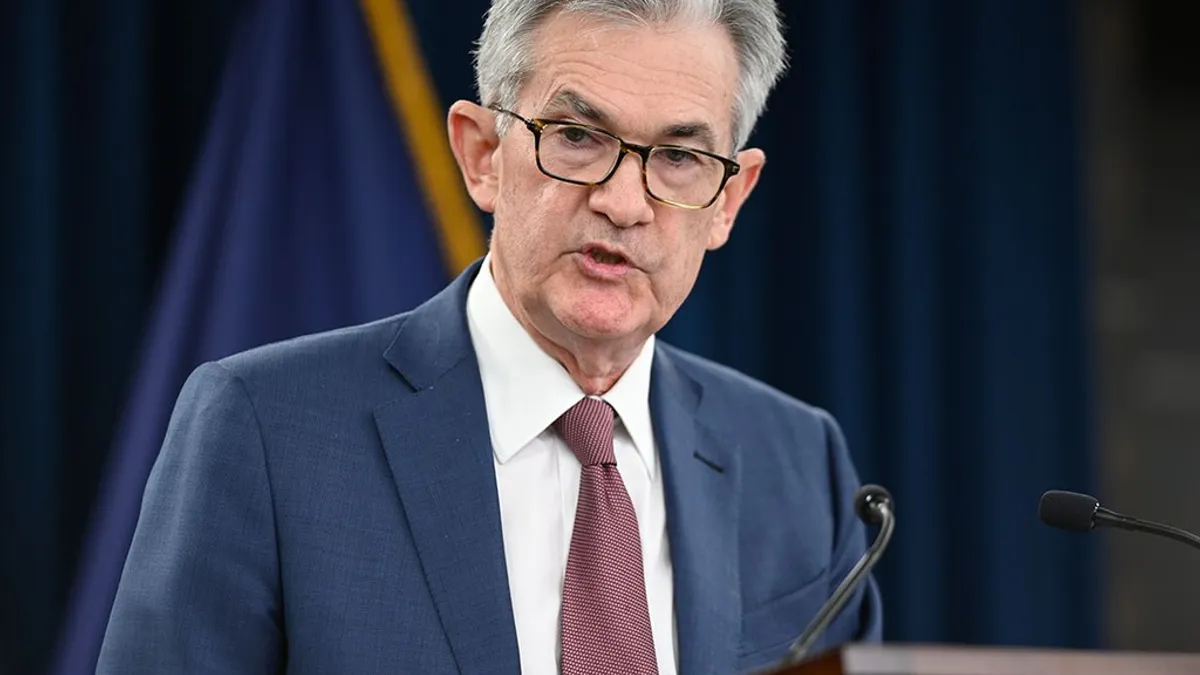When one of Marsha Smith's finance leads was negotiating a complicated, three-party deal with a customer, her years of pushing her team to understand the business side of their job paid off.
Each time the customer asked for a change in the contract terms, her team member was able to say immediately how the change would affect pricing. The third-party negotiator, by contrast, could only say she would have to get back to them.
To Smith, CFO of Siemens USA and Siemens Mobility, the meeting validated her view that finance professionals serve their organizations best when they step outside of their silos as computational experts to understand the business from their colleagues' perspective.
"We realized just how wonderful our way of working is," said Smith, who's been with Siemens for 24 years and became CFO of its U.S. operations in January. "Making our finance people learn contract terms, scope of work terms, understand how to handle risk management, and how to talk to customers externally proved to be an advantage."
Smith has prioritized empowerment throughout her career at the Germany-based company, which employs 300,000 people, spans dozens of industries, and operates in 200 countries.
"Having someone under you that you trust is priceless," Smith said in a CFO Thought Leader podcast. "If you don't have the right people, in the right jobs, it can only backfire."
External focus
Smith credits her rise to her willingness to play an outward-facing role and use her computational skills as a starting point for supporting the business rather than as a limit to what she does.
She pointed to a key moment in 2004, when her supervisor tapped her to write a letter asking a client to accept an expensive change order.
"I thought, 'I don't know how to write a letter to the customer,'" she said. "I'm a finance person; I know spreadsheets, I know calculations."
She completed the letter with the help of colleagues on the company's legal and technical teams and got the change order agreed to.
"That was the beginning of my external-facing experience," she said. "Monthly payments had to be coordinated. Asking for additional funds from the customer had to be coordinated. All of that got me ready for the role."
COVID-19 response
Today, the two hats Smith wears compounds her task of helping Siemens' sprawling U.S. operations withstand the pandemic.
As CFO of Siemens USA, she works with CFOs of half a dozen entities, including Siemens Healthineers, Siemens Energy and Siemens Building Technologies, that do business in the United States. The businesses have been deemed essential and are generally weathering the pandemic well, but it's not assured they'll continue to do so.
"We did do scenario planning but it's quite difficult because a global scenario is not necessarily a local scenario," she said. "Some industries are suffering more than others. In the healthcare space, if individuals don't restart going to elective procedures in hospitals than hospitals likely won't have any money to continue doing business and investing in their own space.
"In the product space, if office buildings are empty, if construction of new skyscrapers is slowed down, there's a chance our automation systems aren't required as quickly as we had planned. So, we're adjusting our forecasts essentially monthly at this point," she said.
As CFO of Siemens Mobility, which operates in the transportation space, her focus is operational.
"We're fortunate to have a healthy backlog so our teams can continue working," she said. "Our shorter-term plans are based on that. We're trying to make sure we keep building on this backlog and if our customers have funding, we can capture that. We don't have to skip a beat."
To help her guide the mobility business operationally, she relies on four financial metrics: orders, revenues, profit and free cash flow.
"Obviously, the COVID situation didn't help profitability," she said. "We had to shut down our facility in Sacramento for a couple of days when the governor of California said only essential businesses can work. We needed to make sure we were considered an essential business. So, for a couple of days we had sent everybody home. When you have more than 1,000 people in a facility, it's not cheap to send everybody home, especially when many can't do their work from home."
Beyond the financial metrics, she looks at customer and employee satisfaction, because only if those stay high will the financial metrics move in the right direction.
"If we manage to address satisfaction and product quality, our customers give us repeat orders," she said. "And if our employees are working the way we hope they'd work, we get projects and products out, on schedule and on quality."
To keep those non-financial metrics high, Smith keeps all of her teams informed of what's happening in the larger Siemens universe to prevent them from becoming too inward-focused to see the bigger picture. Shortly after the pandemic hit, for example, Smith made sure everyone knew of an antibody test Siemens Healthineers had developed.
"We can be proud of what another arm of Siemens is working on," she said. "When our digital industries and our government technologies arms make face masks from 3-D printing, we're able to tell our customers and employees, and that keeps everyone energized."
Post-COVID future
Looking ahead, she is focusing on preventing the pandemic from having a long-lasting negative impact on the company's employees, share price, and customer base. Health of the company's vendor base is crucial, too.
"We deal with a lot of small businesses," she said. "We have to make sure that, if our business keeps going, we can help keep them in business, too."
To keep business on track, she keeps close tabs on the company's order pipeline, which means understanding what their customers need and can afford.
"Once the order is in, our employees have things to work on and that drives the rest of the financial results," she said. "So, I really do hope the money doesn't run dry in our businesses. If it does in one particular place, we can use the people who work for Siemens in another part of the business."





















